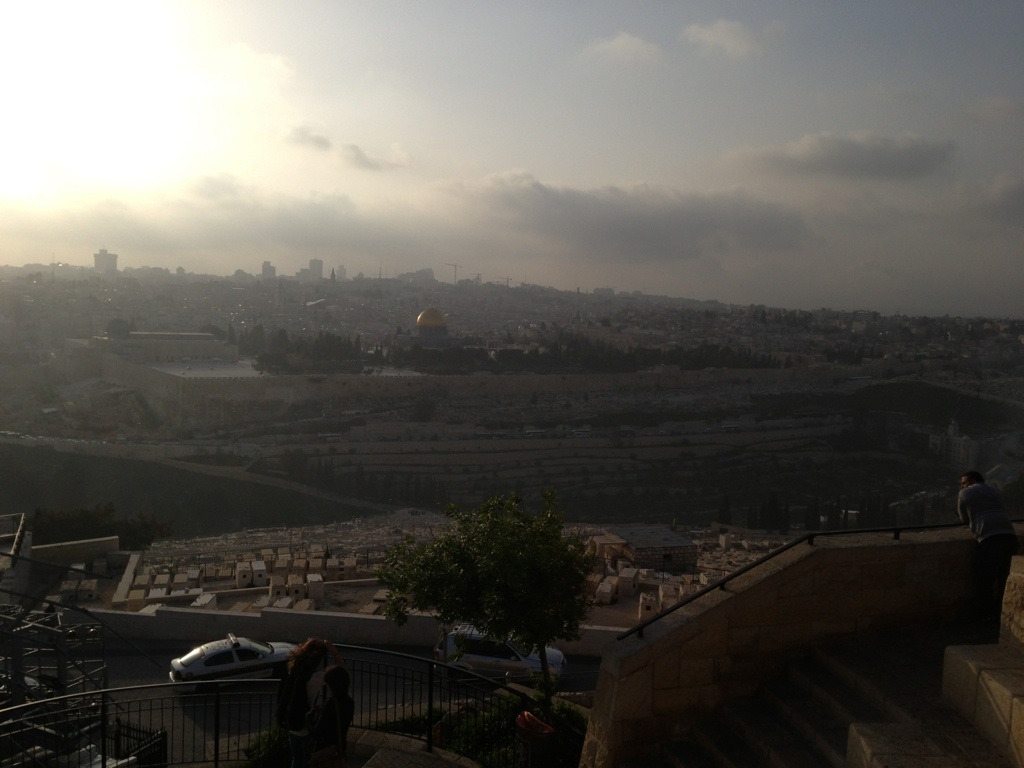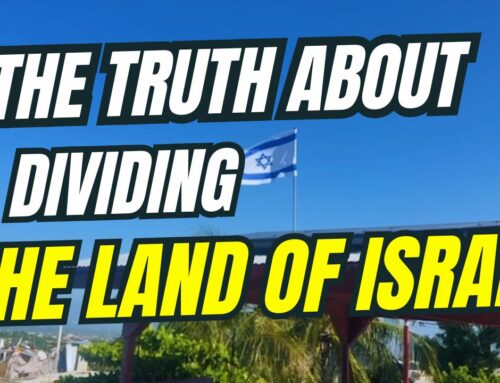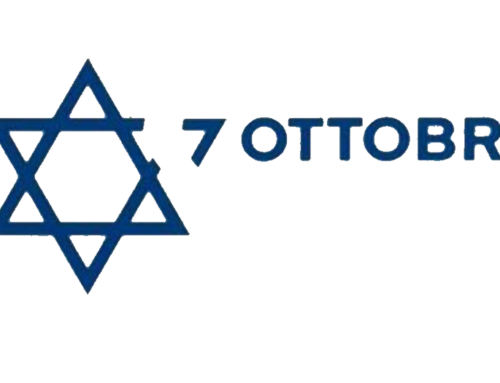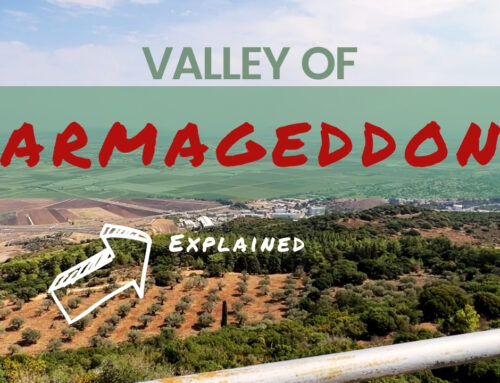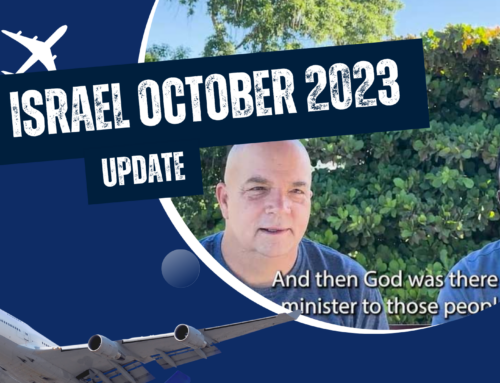Standing on the Mount of Olives we could hear and see a procession of Muslim’s walking along the Old Jerusalem City wall near the Dome of the Rock. They were chanting “Al-Aqsa Bah!” The procession stopped near where the Dome of the Rock is located within the walls. We were told it could have been a typical funeral procession but there was a large amount of people participating for a single Muslim laymen that had died.
(Reuters) – Israeli police clashed with Palestinian protesters in Jerusalem’s Old City, the occupied West Bank and Gaza on Friday, reflecting growing tensions over an increase in Jewish visits to the al-Aqsa mosque compound.
Palestinian militants and youth groups have called for a general uprising in response to the entry by Jewish groups under police escort to the Jerusalem holy site, which is revered by both Muslims and Jews.
Police threw stun grenades to disperse small crowds of youths outside Jerusalem’s medieval walls, and dozens of protesters marched on a crossing between Israel and the Gaza Strip before being driven back by volleys of tear gas.
Protests also flared in the Israeli-occupied West Bank, at an Israeli-manned checkpoint outside the northern city of Nablus and in the flashpoint holy city of Hebron, where a Palestinian sniper shot dead an Israeli soldier on Sunday.
Witnesses reported several injuries in the clashes and police said they had arrested 12 Palestinians in Jerusalem for throwing stones at security forces.
Palestinian protests over a visit to the al-Aqsa mosque compound by then Israeli opposition leader Ariel Sharon in September 2000 spiraled into deadly clashes and a five-year Palestinian uprising, known as the second Intifada.
Palestinians oppose Jewish worship at the plaza, which overlooks Judaism’s Western Wall, seeing it as a first step toward restricting access to the area for Muslims and a deepening of Israeli control over the Old City.
Israeli and Palestinian negotiators resumed U.S.-brokered peace talks in late July, ending a three-year stalemate.
But friction on the ground has risen during September’s Jewish festivals, with Palestinian leaders complaining about swelling numbers of Jewish visitors, saying some of them try to defy an effective ban on praying on the vast esplanade.
THIRD INTIFADA?
“The uprising (in 2000) erupted when al-Aqsa mosque was stormed. They (the Israelis) are now raiding al-Aqsa every day,” a senior official with the Islamist Hamas group, Mushir Al-Masri, told thousands of supporters at a Gaza rally.
Activists burnt effigies of Israeli leaders and set fire to three coffins, one bearing the words “Death to Israel”.
“We call upon our people to revolt against tyranny and aggression. Let a third Intifada be declared because this is the best way to teach the aggressors a lesson,” said Masri, adding that “every Jew” would be extracted from Jerusalem.
Despite his calls for a revolt, the protests within Hamas-controlled Gaza were low-key. There was also little sign of major confrontation looming in the West Bank, where Palestinian President Mahmoud Abbas exercises partial rule.
In a speech at the United Nations on Thursday, Abbas made a public appeal for a halt to the al-Aqsa visits.
“There must be an end to the near-daily attacks on the religious sites in Occupied Jerusalem, at the forefront of which is al-Aqsa mosque, where the continuation of such attacks will have dire consequences,” he said.
Allies of Israeli Prime Minister Benjamin Netanyahu have been among the most vocal advocates of Jewish prayer at the 35-acre site and the government has done little to stem the flow of visitors to the area.
Religious Jews revere the compound as the location of their ancient biblical temples. For Muslims, it is the place where Prophet Mohammed is believed to have ascended into heaven – the third holiest site in Islam.
Israel captured the site, along with the rest of East Jerusalem, the West Bank and Gaza Strip, in the 1967 Middle East war. The Jewish state then annexed East Jerusalem as part of its capital in a move never recognized internationally
